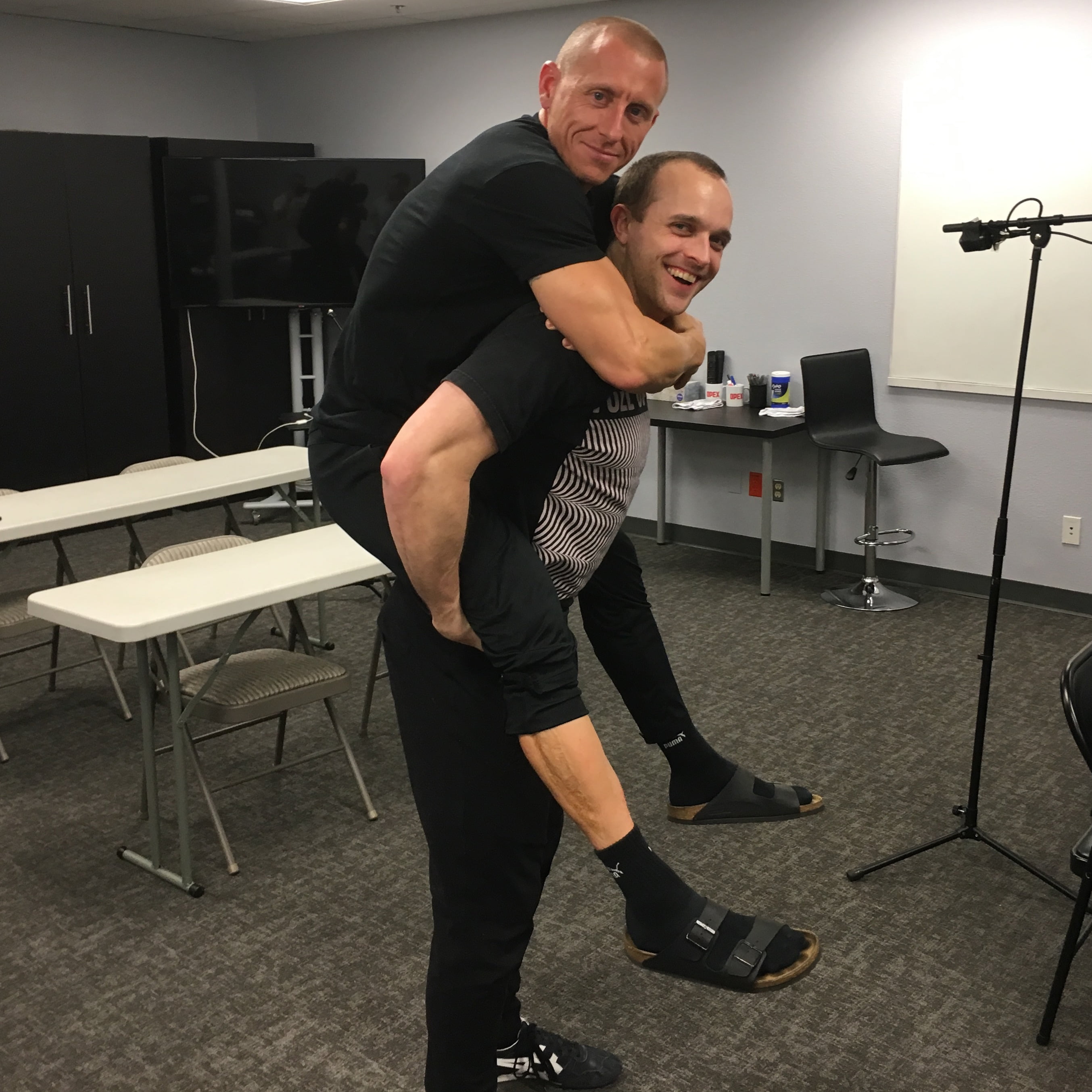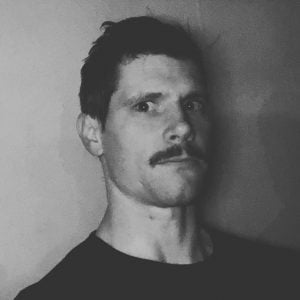Isaac Newton discovered the physics of classical mechanics and essentially invented calculus – but also spent a huge percentage of his time fiddling with alchemy and digging around in scripture looking for numerical codes.
Many brilliant scientists put a lot of effort into quirky, eccentric theories – some of which turned out to be paradigm-shifting insights, and some of which turned out to be crackpot level buffoonery.
So, how do you pattern match in chaotic scenarios? How do you know if you’re on the right track to having an insight or if you’re doing the equivalent of Linus Pauling obsessing over Vitamin C?
One thing I worry about is that my cause and effect meter can be dialed a bit low. I think everything is chaos and no one knows anything – but James FitzGerald has certainly taught me a lot about what we can know in fitness.
In this conversation, I wanted to dig into how James pattern matches, how he tests and discredits his own ideas, and how he creates systematic thought both for his own internal mental organization and in order to communicate his thoughts and beliefs to others.
Check out the full conversation with James to hear:
- How to develop the skill to “notice your noticings” – which allows you to move up the layers of abstraction and build more complex systems
- How to balance content consumption for “learning” vs content consumption for “pleasure” – and how James thinks about updating his mental frameworks based upon new information
- What creates fatigue in mixed modal settings – at what separates the best from everyone else at the cellular level in terms of how they create energy
Check out the episode at the links below. If you enjoyed the episode, the best way to support the show is to share with your friends, so send them a link.
Listen Here
- iTunes
- Overcast
- Google Play
- mp3
- Or stream here:
- If you’re enjoying the show, why not a leave a review? It makes a difference in terms of other people finding the show.
Check out more from James, OPEX & Big Dawgs here:
- Instagram: @jfitzopex | @opexfitness | @opexfitness | @bigdawgsathlete
- Website: www.opexfit.com | Mixed Modal
Show Notes
- [2:03] Special Newfoundland pronunciation of vowels and consonants – and how to build and extract systems from reality and reason from first principles.
- [9:27] How James builds and updates his mental systems based upon both thoughts and experiences – and how to build the metacognition to “notice your noticings”
- [15:37] How James goes about confirming or disconfirming his beliefs. And one thing that James has changed his mind on over the years: the role of muscle endurance in mixed modal sport.
- [24:11] The role of chaos in mixed modal sport – and how to systemize mixed modal sport as a whole in terms of monads, diads, triads, etc.
- [34:03] How to pattern match in a chaotic environment like mixed modal sport – and finding the appropriate amount of variance in the skill acquisition process for mixed modal sport
- [48:13] How do you know when the patterns that you’re seeing are real? What is the application of something like peer review in fitness? What incentives would pull people out of silos as far as best practices in fitness coaching?
- [56:54] When did system building behavior start for James? And what resources have helped him in building mental models and systems?
- [01:05:38] How does James approach content consumption? How does he balance consuming content for fun vs trying to solve a specific problem?
- [01:13:24] The balance of giving people what they want vs what they need – especially in the context of fitness vs sport
- [01:19:09] What is happening in individuals who are resistant to fatigue in mixed modal sport? What would the process look like to truly do research on the various fatigue models for how people utilize fuel in a mixed modal setting?
Links and Resources Mentioned
- Ernest Shackleton
- Rusty Shackleford
- Bernie Novokowsky
- Isaac Newton
- John Forbes Nash Jr.
- International Functional Fitness Federation
- 10% Happier Podcast with Dan Harris
- Sudoku
- Sam Harris with Nick Bostrom
- Superintelligence by Nick Bostrom
- Peter Attia
- Chris Masterjohn, PhD
- Peter Forsberg
- Mathew Fraser
- No Rules Folders






